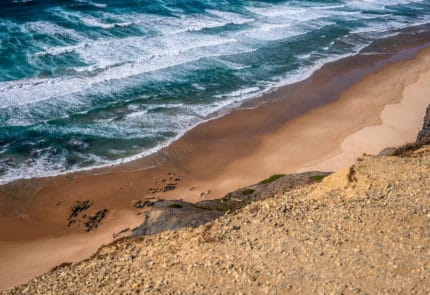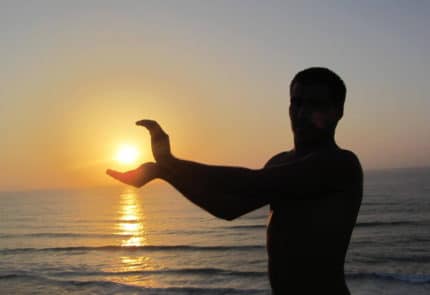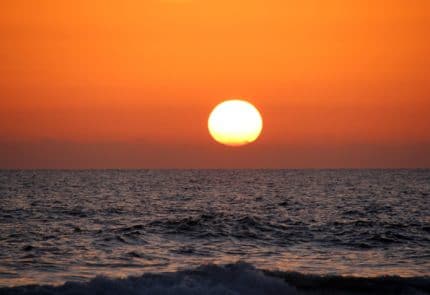World Oceans Day
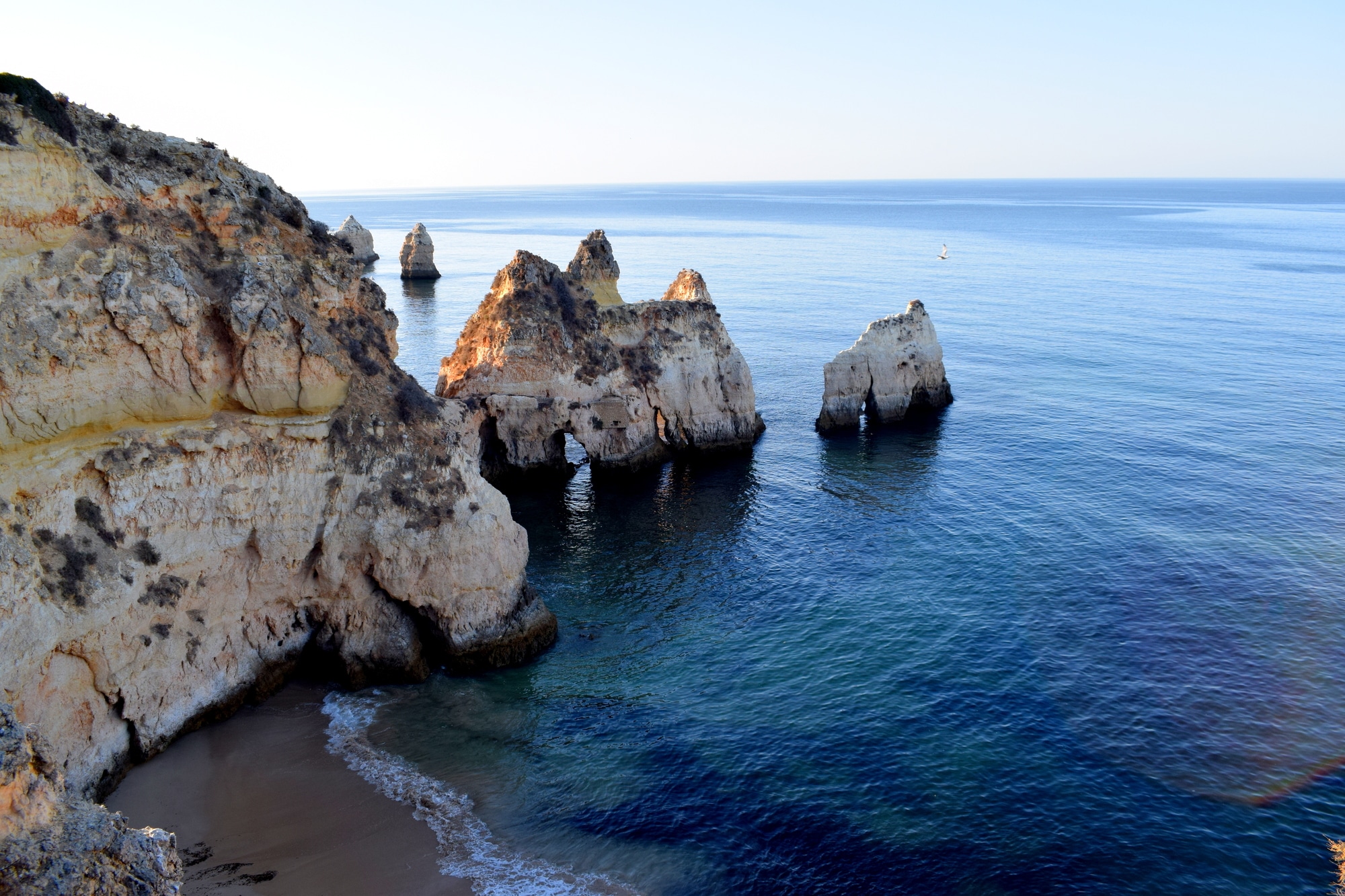
The celebration of the oceans originated at the UN Conference on Environment and Development, which took place in Rio de Janeiro in 1992. In 2008, the United Nations decided that June day 8 would be designated as World Oceans Day.
This day is intended to remember the importance of the oceans in all of our lives. It works as the “lungs of the planet” and emitters much of the essential oxygen.
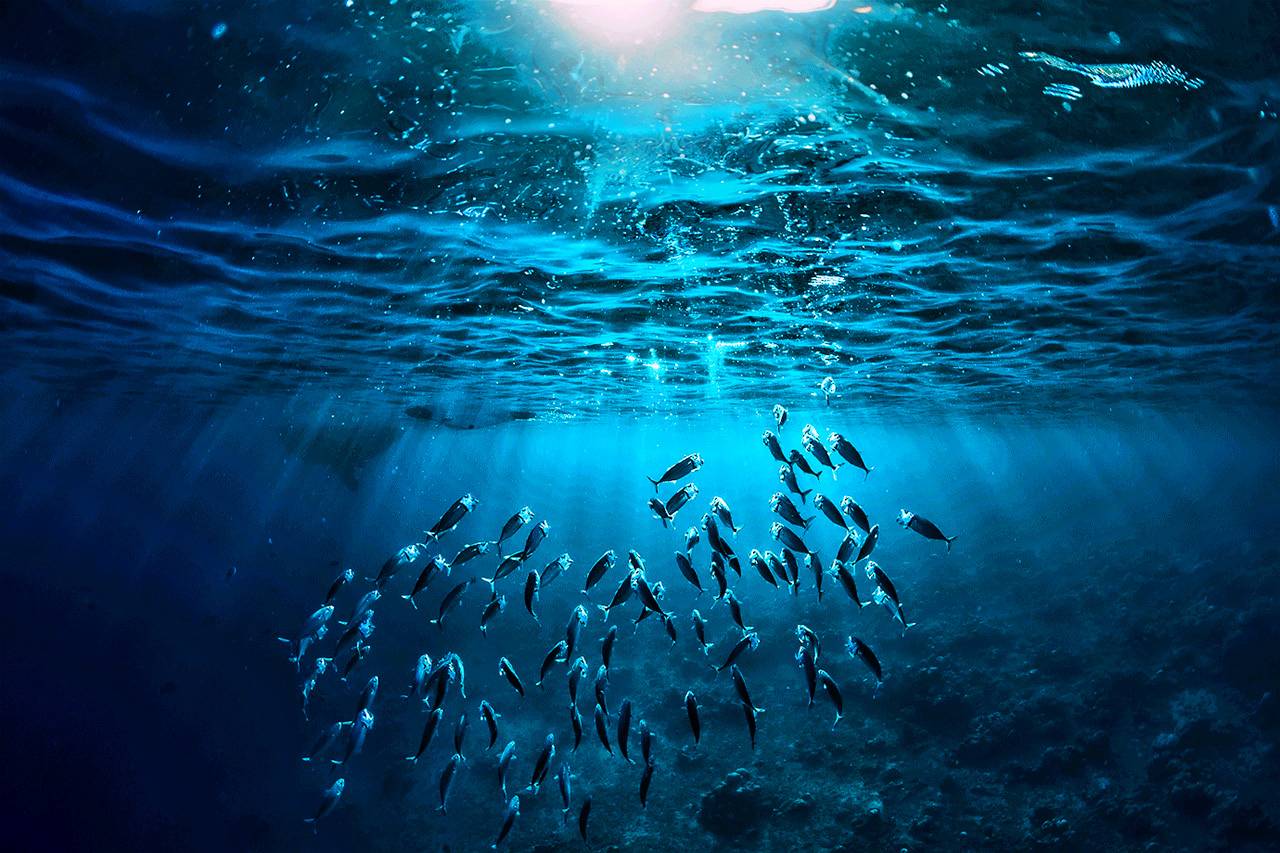
This day aims to highlight the urgency of raising awareness and mobilizing the world for the benefits of the oceans for humanity. Allied to the fact that there is an individual and collective duty to use its resources sustainably. Given that, future generations will also depend on the oceans.
The United Nations declared the period 2021 to 2030 as the UN Decade of Ocean Science for Sustainable Development.
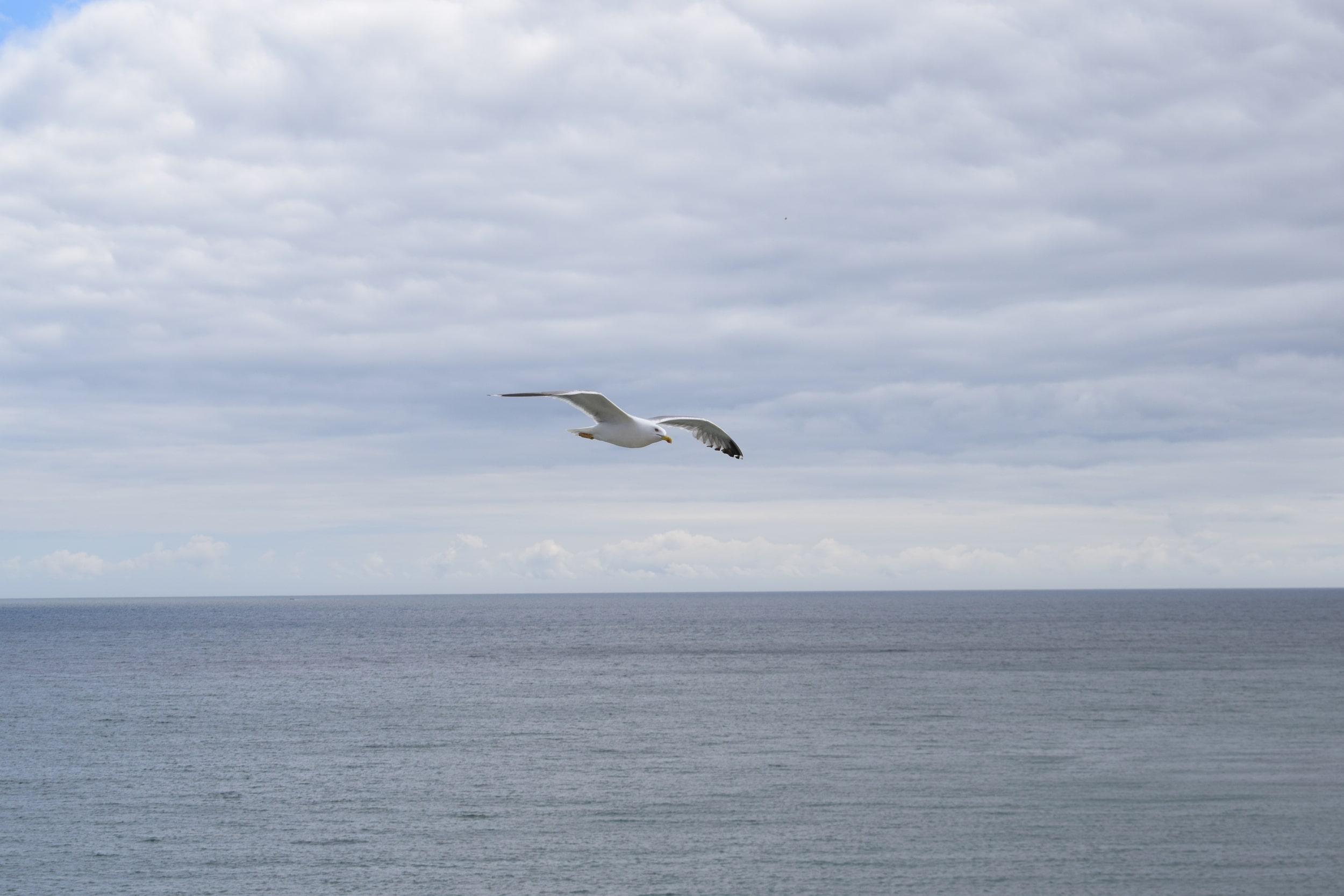
The international community and world leaders are today beginning to become aware of the negative impacts on the planet resulting from environmental imbalances that affect the functioning of the oceanic system.
This awareness brings with it new opportunities and responsibilities, especially for a country like Portugal that has one of the largest maritime territories under its jurisdiction.
The ocean is a continuous body of salt water that covers more than 70% of the Earth’s surface, containing traces of all the chemical elements found on Earth.
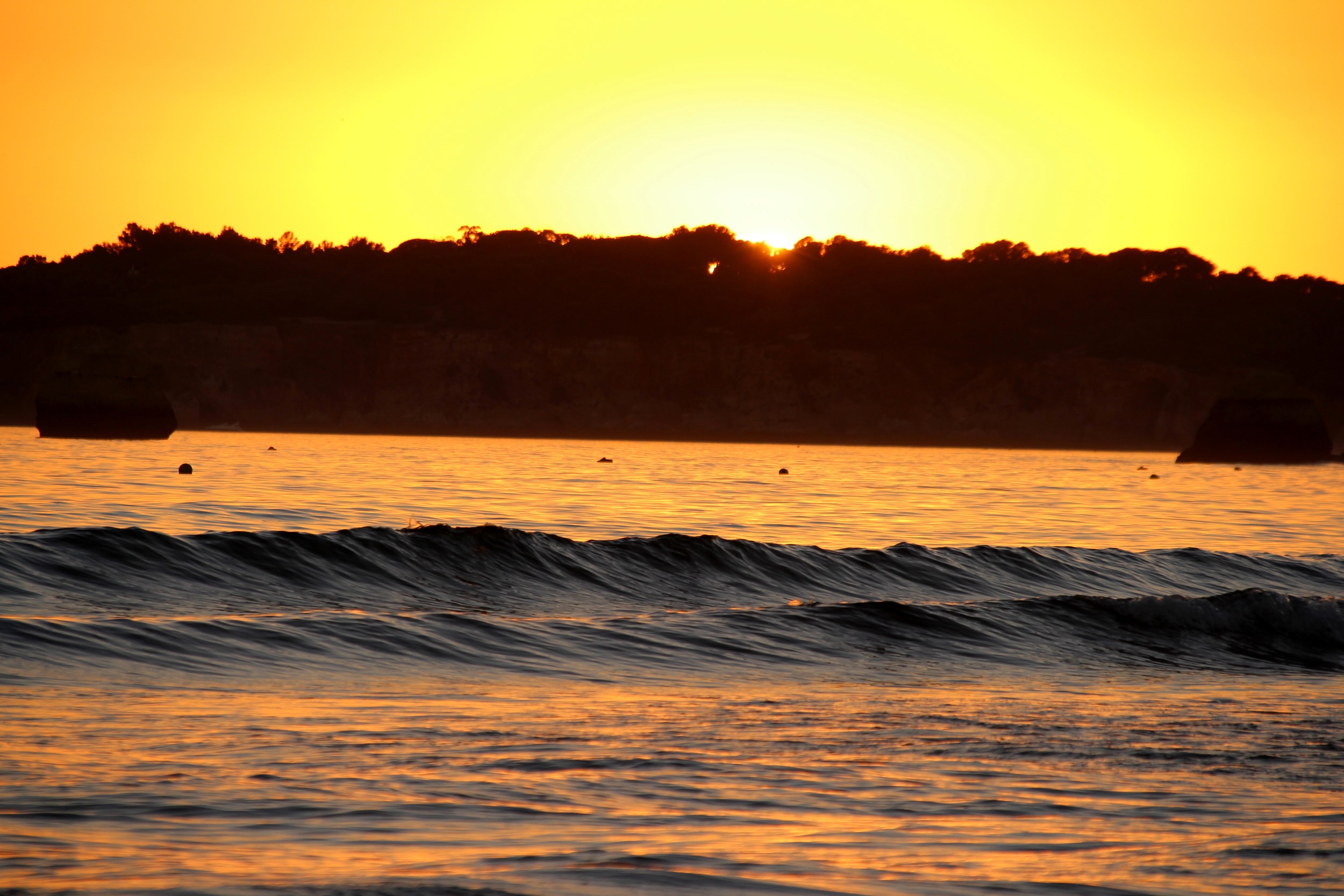
They absorb the sun’s heat, transfer it to the atmosphere and distribute it around the world through ocean currents. This process triggers global weather patterns, acting as a heater in winter and an air conditioner in summer.
Therefore, it works as a support system for life on the planet and for our well-being.
The ocean:
- It produces much of the oxygen we need and absorbs a lot of the CO2 we emit into the atmosphere;
- Regulates the planet’s hydrological cycles and climate. It also functions as a deposit of nutrients and waste originating on land;
- Protein source through the fish it generates, as well as biological resources that we can use in various applications (pharmaceutical, cosmetic, energy, biomaterials);
- Renewable energy source;
- It is a natural infrastructure of maritime transport traffic corridors;
- Source of cultural, artistic, aesthetic, scientific and even spiritual values;
Ecosystem services were largely unknown to ordinary citizens until recently. It is now beginning to become synonymous with the benefits we extract from nature and constitute what is now called “natural capital”.
In a year marked by the Covid-19 pandemic, it undermined public health, creating an economic recession. This is the time to change our relationship with nature, and to see it as our greatest ally.
As surfers and water sports enthusiasts, we are at the forefront and it is through awareness and our actions that we can protect the well-being of our oceans.
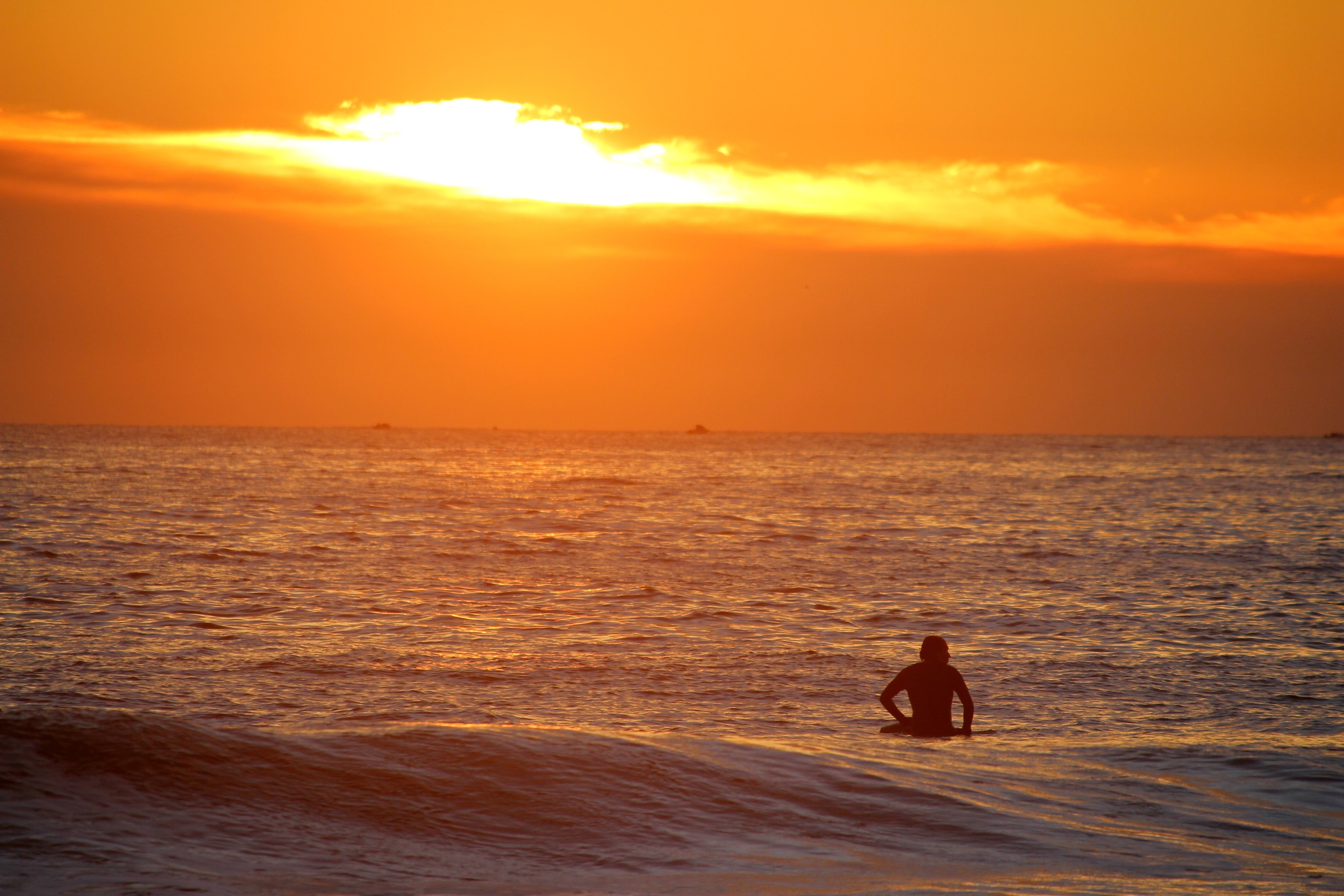
Our role on the Planet
- To save the ocean, it is absolutely necessary for each and every one of us to act. There are several actions we can take, such as:
- Limit waste and recycle properly.
- Collect at least three pieces of trash each time you are on the beach.
- Participate in beach cleanups.
- Consume less, but better with more sustainable and eco-responsible products.
- Sensitize friends and family
The UN reminds us that 8 million tons of plastic end up in the oceans every year. Harming wildlife as well as fishing or tourism.
If nothing is done, he warns, by 2025 250 million tons of plastic waste will be accumulated in the oceans.
“We have to ensure that the oceans continue to meet our needs without compromising those of future generations. The oceans regulate the planet’s climate and are an important source of food. Its surface provides indispensable pathways for global trade, while its depths hold current and future solutions to humanity’s energy needs.” – Former United Nations Secretary-General Ban Ki-moon.
“Surf is one of the few sports where you look ahead to see what’s behind.”
Laird Hamilton, big wave surfer
Therefore, have in you a vision of the Future in the Present
